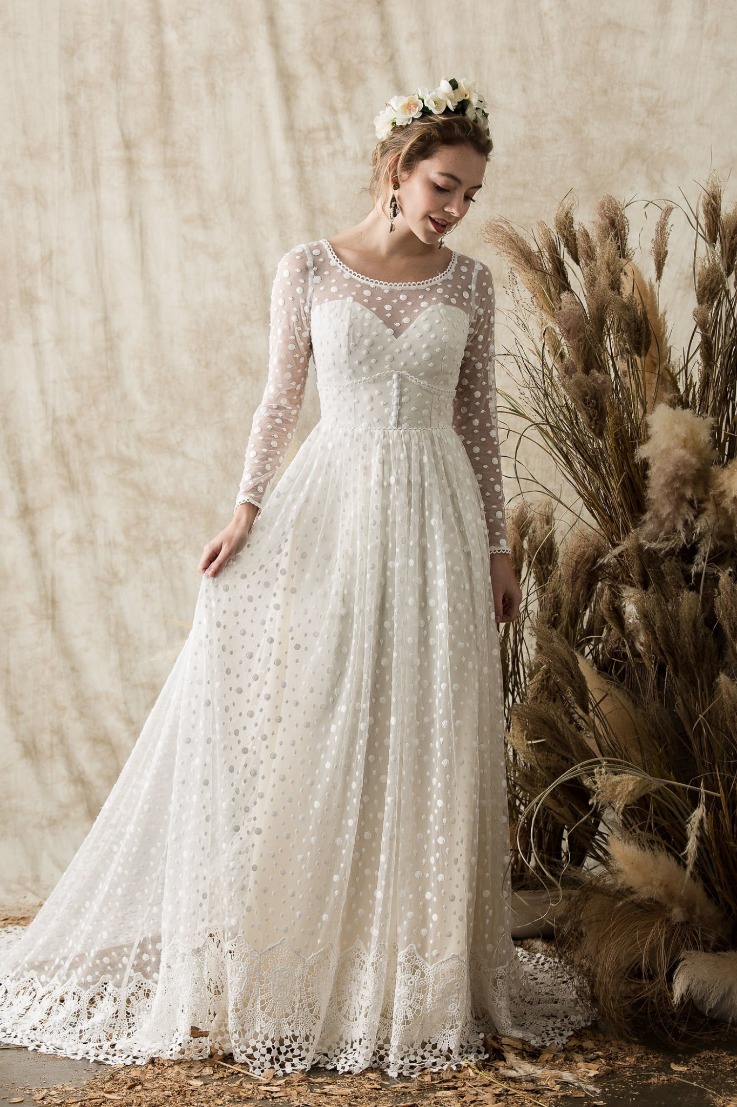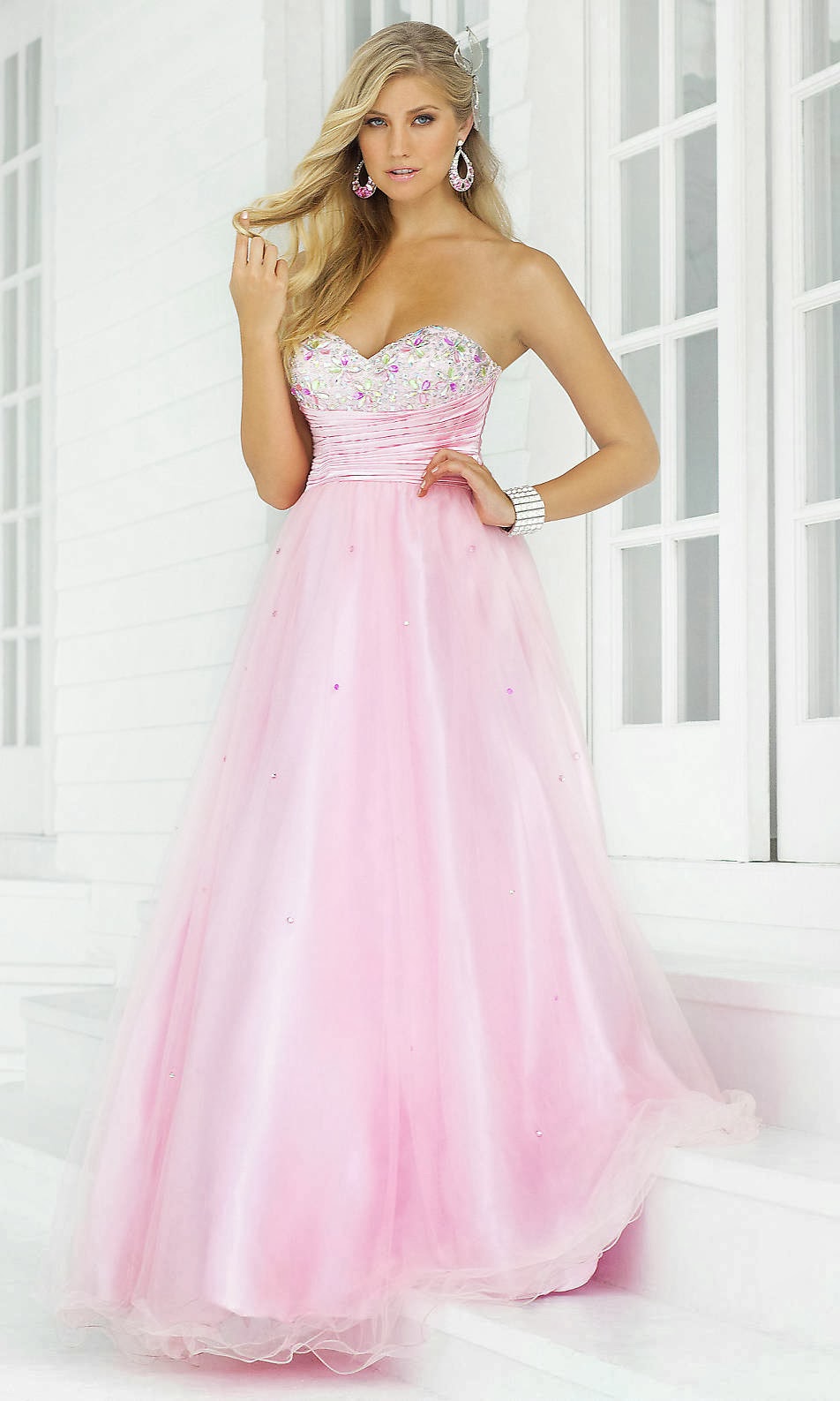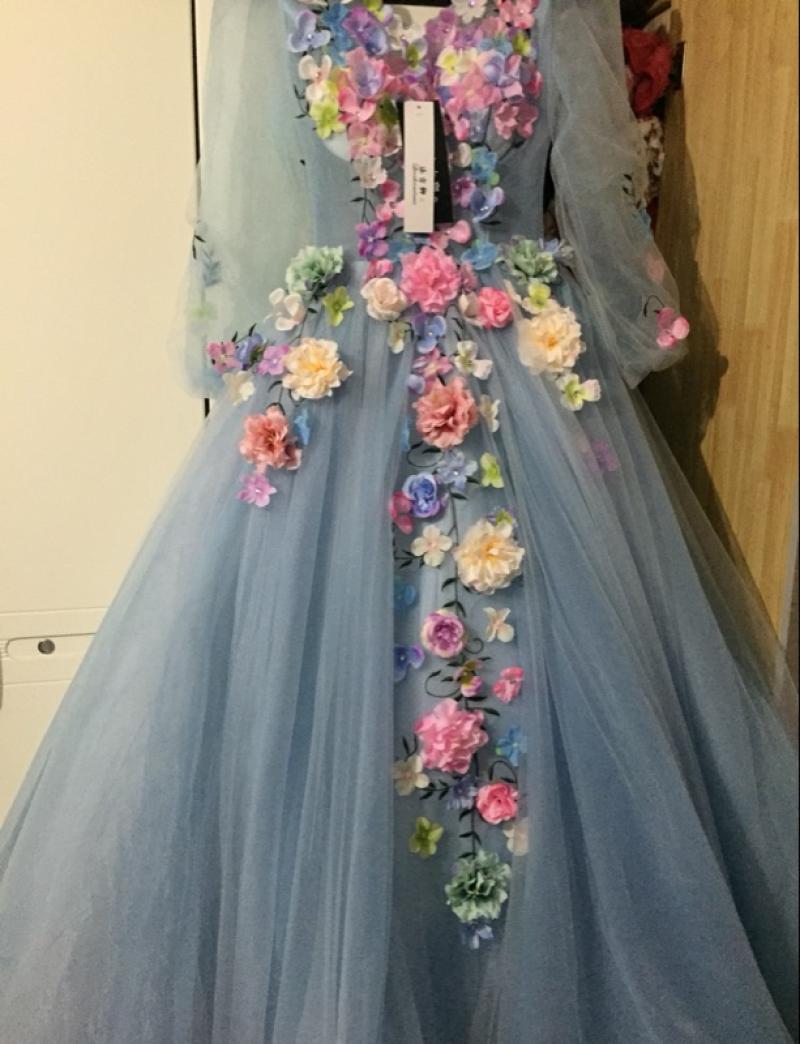Discover the Elegance: A Deep Dive into Wedding Dresses

The search for perfect wedding dresses is a journey filled with excitement, emotions, and a touch of anxiety. With endless designs and styles available, finding the one that speaks to your heart can be overwhelming yet extraordinarily rewarding. Whether you’re envisioning a traditional ball gown, a bohemian lace dress, or a minimalist silhouette, this guide will lead you through the world of wedding attire.
Types of Wedding Dresses
Understanding the different types of wedding dresses can help narrow down your options:
- Ball Gown: Perfect for a fairy-tale wedding, ball gowns feature voluminous skirts and a fitted bodice.
- A-line: Flattering for all body types, A-line dresses gently flare from the waist, creating an ‘A’ shape.
- Mermaid: This fitted style hugs the body and flares out at the knees, accentuating curves.
- Sheath: Sleek and contemporary, sheath dresses follow the body’s natural lines.
- Empire: Defined by a high waistline just below the bust, empire dresses are ideal for a Grecian-inspired look.
Choosing the Right Fabric
The choice of fabric plays a crucial role in the overall look and feel of wedding dresses:
-
Read more about cheap prom dresses here.
- Lace: Adds a romantic and vintage touch, often used for overlays and detailing.
- Satin: Known for its smooth, glossy finish, provides a luxurious feel.
- Chiffon: Light and airy, perfect for a beach or garden wedding.
- Tulle: Creates volume and is often used for skirts and veils.
- Organza: A stiffer fabric that holds shape well, suitable for structured gowns.
FAQ about Wedding Dresses
What is the best style of wedding dress for my body type?
Choosing the best style depends on your body type:
- Pear-shaped: A-line or ball gown styles can balance wider hips.
- Hourglass: Mermaid or sheath styles accentuate curves.
- Apple-shaped: Empire or A-line styles with a fitted bodice.
- Petite: Sheath or trumpet styles can elongate the silhouette.
How far in advance should I start shopping for my wedding dress?
It is advisable to start shopping for wedding dresses at least 9 to 12 months before your wedding date. This allows enough time for alterations and fittings.
What accessories should I consider with my wedding dress?
Accessories can elevate your bridal look:
- Veil: Complements the dress and adds a traditional touch.
- Jewelry: Choose pieces that enhance but don’t overpower your dress.
- Shoes: Ensure they are comfortable and match the style of your dress.
- Bouquet: Should coordinate with the overall theme and color palette.
In conclusion, navigating the vast world of wedding dresses can be daunting, but understanding the different styles, fabrics, and accessories can make the process enjoyable. Remember to begin your search early, keep an open mind, and most importantly, choose a dress that makes you feel confident and beautiful on your special day.





Leave a Reply